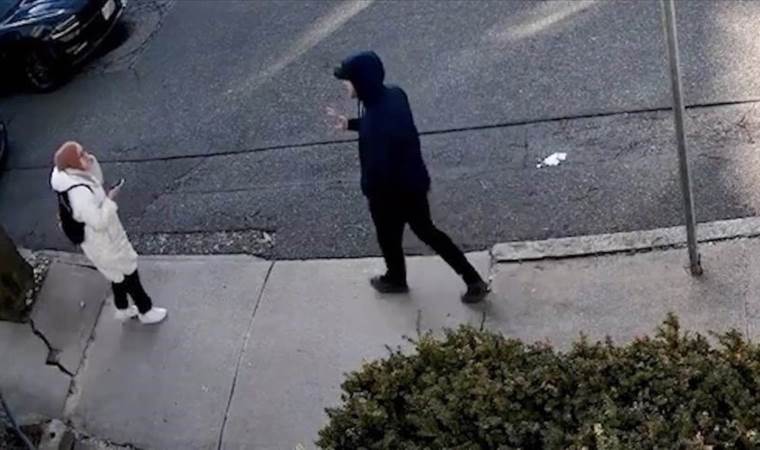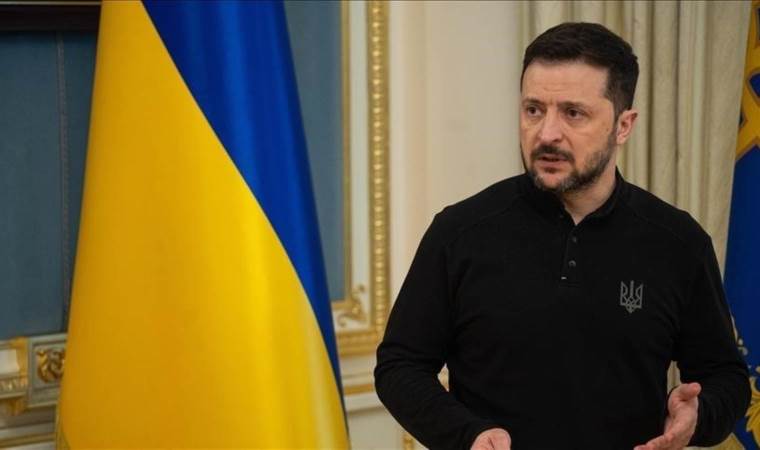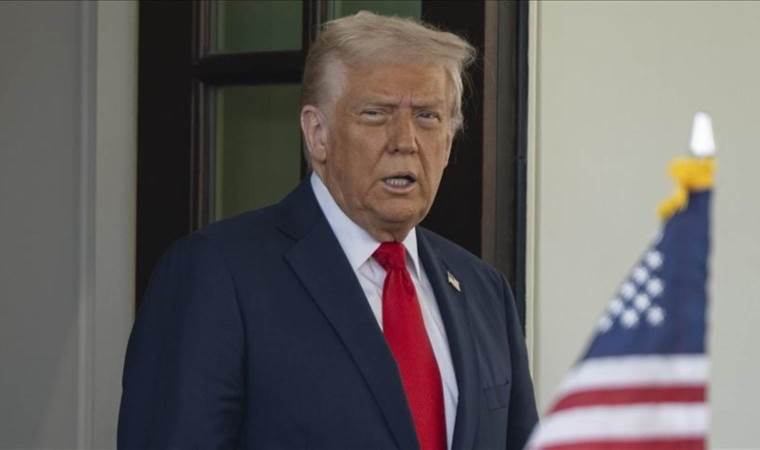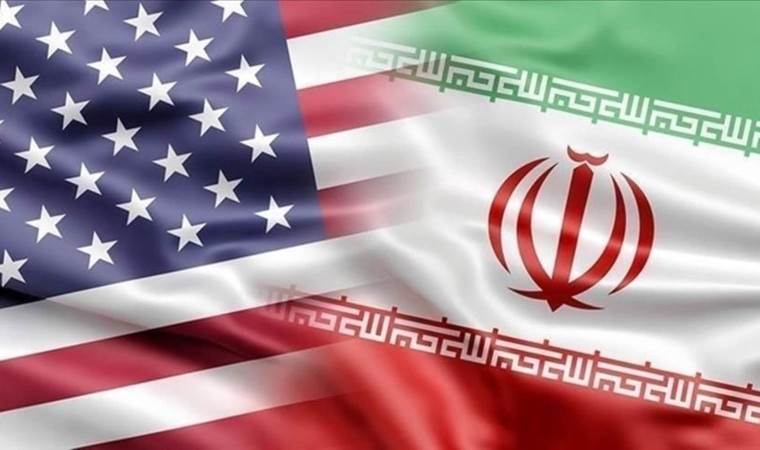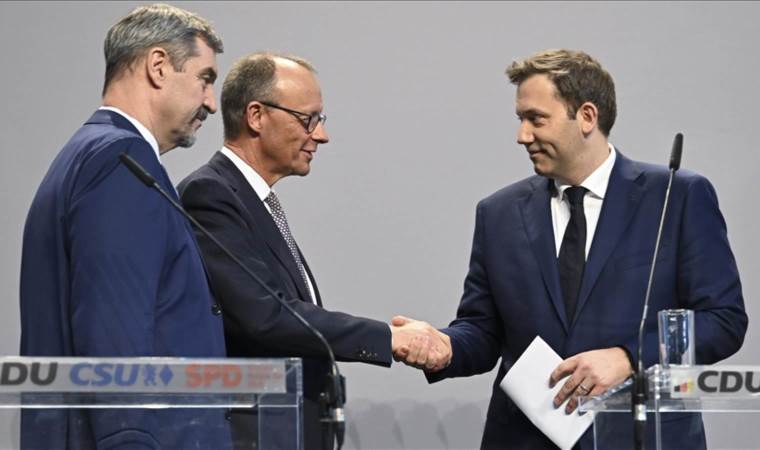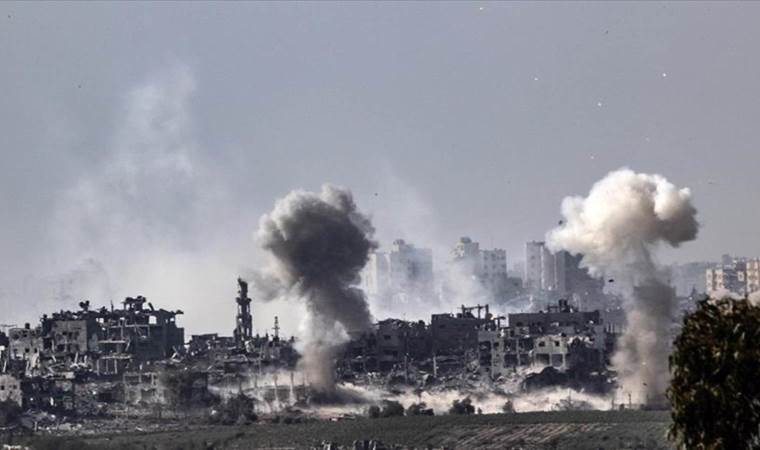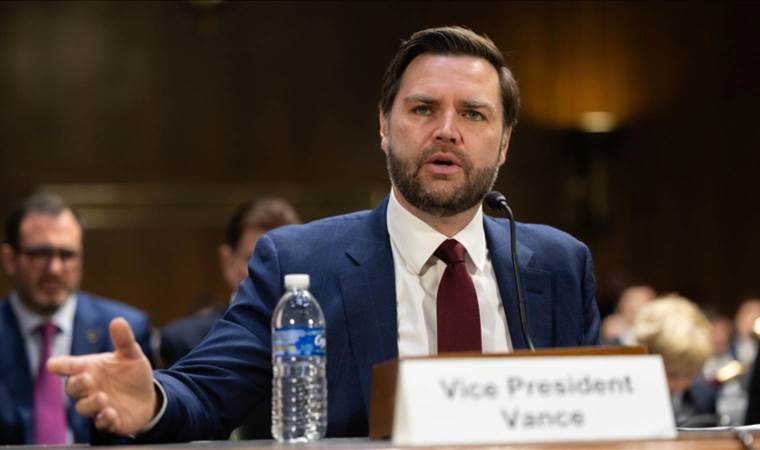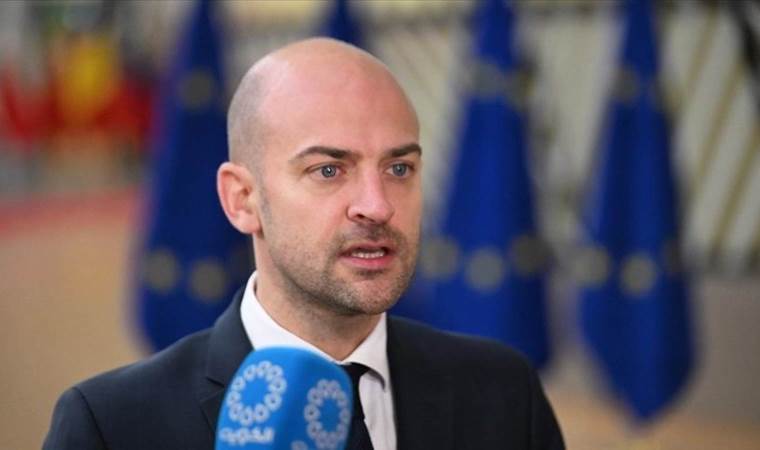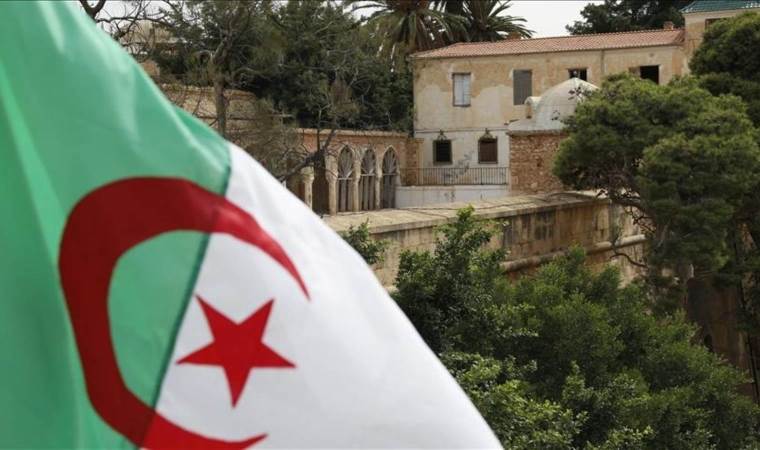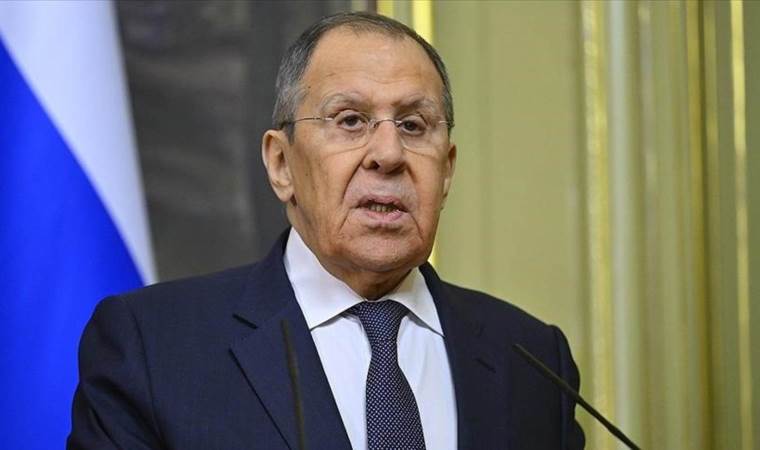Authors Columns of the Day Sport Guest Life All Authors
Özgür Özel, behind even Öcalan
The one who is unable to articulate his opposition, also fails to show where he stands.
CHP Chairman Özgür Özel joined journalist Candaş Tolga Işık's program. In comparison, caught between Sheikh Said and Mustafa Kemal, he essentially said, "Let me open my box." I inadvertently said, "The CHP Chairman lags behind even the PKK leader."
Let me explain…
After being imprisoned on İmralı Island, PKK terrorist organization leader Abdullah Öcalan shared his views with the public through various means. "Lawyer Meeting Notes" were regularly disclosed. His court defenses were published, and even books were released. Notes from negotiations with the AKP Government at İmralı were also printed. These sources included numerous opinions of Öcalan about Sheikh Said.
ATATÜRK AHEAD, SAID BEHIND
For instance, in the lawyer meeting notes dated September 22, 2004, he said:
"The rebellions had Sultan Vahdettin and the British behind them. Mustafa Kemal didn’t just see Kurds in the rebellions; he said, 'The Republic will be gone, Turks and Kurds will cease to exist, and Sevres will take their place.' There were also collaborating factions among the Turks at that time. Sheikh Said was not a Kurdish national liberationist but a religion-focused feudal autonomist. (...) If something is defeated somewhere, it's because it represents the past. Mustafa Kemal represented the progress in those conditions. I'm not saying Kurds were reactionary, but their leaders were."
In the notes dated August 28, 2009, he used these words:
"Mustafa Kemal partially deciphered the British schemes. The British threw the Kurds in front of the state for their political agenda in Turkey. They always did this. They used Sheikh Said. By using Sheikh Said, they took Mosul and Kirkuk, thereby paving the way for Mustafa Kemal to turn to the Kurds. The UK developed policies over Sheikh Said in this way."
His words were not different in the meeting on October 28, 2009:
"Mustafa Kemal did not want to give up Mosul and Kirkuk, but he had to due to British schemes. The Sheikh Said Rebellion - Dicle Rebellion was a provocation. They didn't understand it was a provocation."
THE IMPERIALIST KURDISH GAME
About the books, I mentioned…
For example, in his book "Defending a People" written in prison, he made these observations about the Sheikh Said rebellion:
"It was heavily influenced by the recent Ottoman ummah concept. The influence of the Sunni Naqshbandi order was evident. The loss of privileges from the Ottoman period also played a role. They aimed more at restoring the Ottoman caliphate and sultanate than establishing Kurdistan. The inclination towards a religious state is clear."
In the second volume of his book "From the Sumerian Priest State to Democratic Civilization," he described Said as a pawn in the imperialists' games:
"In Iran, Simko Ismail; in Iraq, Mahmoud Barzanji; and in Turkey, Sheikh Said failed to escape their roles as the most unsuccessful leaders in Kurdish movements. They mostly mistook the simple tricks of imperialist agents for relationships and became pawns in their games."
Öcalan conveyed this view to the representatives of the AKP Government during the solution talks, witnessed by HDP deputies. The İmralı Minutes dated October 14, 2013, include this observation:
"The Sheikh Said Rebellion has no scientific aspect. Sheikh Said was never a British agent. But soldiers were made to shoot, the Sheikh Said Rebellion was incited. Then came the disaster."
To cut it short…
Comparing himself to Sheikh Said, he said, "They used Sheikh Said, I didn't let them use me." While sending greetings to Diyarbakır residents who withdrew their support from Sheikh Said during the rebellion, he said, "The people of Diyarbakır thwarted a conspiracy in 1925."
According to Öcalan, Sheikh Said was not a British agent, but the rebellion was a British-backed provocation. Thus, the UK detached Mosul and Kirkuk from Turkey, and consequently, from the Kurds in Turkey. This resulted in the new Turkish Republic becoming reactionary and rigid on the Kurdish issue. The nature of the rebellion was reactionary. Sheikh Said, whom he called a "sheep trader" and considered a "merchant bourgeois," sought the caliphate. Indeed, according to Öcalan, the sheikhdom itself was reactionary.
BETWEEN ATATÜRK AND SAID IN CHP
While Öcalan was saying these, neither did HDP criticize Öcalan nor did AKP say "speak properly." Only the Kurdish-Islamist Hüdapar, that is, Hezbollah, accused Öcalan of being Kemalist. Their publications alleged, "As if one Mustafa Kemal wasn't enough, they want to afflict us with a new Mustafa Kemal."
That's the gist…
The essence of the 1925 conflict was not a personal matter between two individuals but between the modern and secular Republic revolution and the reactionary feudal rebellion supporting the caliphate and sultanate. Sheikh Said, in his defense, would say he rose for sharia, even citing women's music education as a reason for rebellion. Özgür Özel, maybe due to ideological deficiencies, historical ignorance, distance from founding philosophy, political stance issues, or everyday political opportunism, couldn't take a side in this debate. He took an even more backward stance than Abdullah Öcalan, the founder of the terrorist organization, against Sheikh Said. The two ends of reactionism, "Kurd but pro-caliphate" and "pro-caliphate but Kurd," met on Sheikh Said Boulevard, while the founding party of the Republic chose neutrality. This could be possible in the Progressive Party... But in the conditions of 1925, someone who couldn't choose between Atatürk and Sheikh Said couldn't enter the doors of CHP Headquarters.
We think otherwise. In reality, history is the story of the unfinished. Blessed are those who gather leaves from the trees of the past to today...
Yazarın Son Yazıları All Columns
Günün Köşe Yazıları
Most Read News
-
 Rubio's claim about Turkish student Ozturk 'turns out th
Rubio's claim about Turkish student Ozturk 'turns out th
-
 Zelenskyy submits bills to extend mobilization, martial
Zelenskyy submits bills to extend mobilization, martial
-
 Trump starts process of putting new tariffs on semicondu
Trump starts process of putting new tariffs on semicondu
-
 Second round of Iran-US nuclear talks to be hosted by Mu
Second round of Iran-US nuclear talks to be hosted by Mu
-
 German Social Democrats begin voting on coalition deal
German Social Democrats begin voting on coalition deal
-
 Pressure mounts on Netanyahu to end Gaza war as thousand
Pressure mounts on Netanyahu to end Gaza war as thousand
-
 'Absurd': US Vice President Vance rejects Zelenskyy's ac
'Absurd': US Vice President Vance rejects Zelenskyy's ac
-
 France warns Algeria of 'consequences' if its officials
France warns Algeria of 'consequences' if its officials
-
 Algeria says decision to expel 12 French diplomats in re
Algeria says decision to expel 12 French diplomats in re
-
 Russian foreign minister says agreement with US on Ukrai
Russian foreign minister says agreement with US on Ukrai

